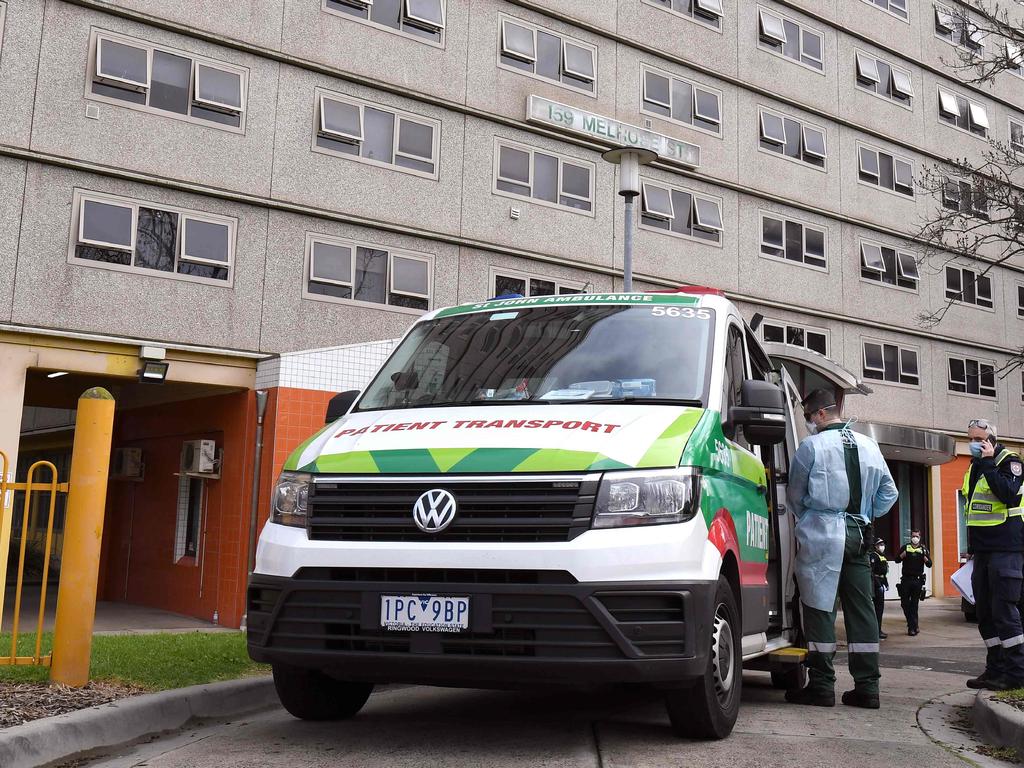
Despite a further rise in the Chinese yuan to a four-month high of 6.9966 to the US dollar after Monday’s big rise in these Chinese sharemarket, the Australian dollar fell from a three-week high of US69.98c to an intraday low of US69.36c as S&P 500 futures turned down and the federal government warned that “authorities have detained foreigners because they’re ‘endangering national security’,” and “Australians may also be at risk of arbitrary detention” in China.
It came after The Australian reported that China was considering retaliatory measures in response to the Morrison government’s increasingly assertive foreign and defence policy positions after a plan to consider fast-tracking resettlement for Hongkongers through the skilled visa program, in tandem with Australia’s push for a global investigation into the origins of COVID-19 and pushback against foreign interference, soured relations with Beijing.
The S&P/ASX 200 index finished flat at 6013 points, with strong gains in iron ore and gold miners offset by sharp falls in shares of companies exposed to Melbourne, while Afterpay went into a trading halt for an $800m capital raising and $250m share sale by its founders.
Among shares of companies that derive much of their earnings from Melbourne, Vicinity Centres fell 4.9 per cent to $1.37, Scentre Group fell 4.4 per cent to $2.15, Flight Centre fell 4 per cent to $10.98, Crown Resorts lost 3.6 per cent to $9.15 and Qantas fell 3.4 per cent to $3.66.
Banks also lost ground, with Westpac down 1.6 per cent to $18.16, ANZ down 3.2 per cent to $18.81, National Australia Bank down 1.9 per cent to $18.34 and CBA down 0.3 per cent to $71.24.
Under the stage 3 lockdowns reimposed on Melbourne for the next six weeks, 5.1 million residents — equivalent to 20 per cent of the national population — will be restricted from leaving their homes except for essentials, work, caregiving and exercise.
“The second wave of infection will see Victorian economic activity fall sharply and it will continue to lag the rest of Australia, which is continuing to ease restrictions amid low virus numbers,” NAB economist Kaixin Owyong said.
“This will weigh on overall economic growth, where Victoria makes up around one-quarter of Australian economic activity.
Fortescue Metals rose 6.3 per cent to $14.80 after spot iron ore rose 2.7 per cent to $US99.10 a tonne, and Newcrest Mining climbed 2.6 per cent to $33.09 as spot gold remained near an eight-year high and the dollar shied off a three-week high.
The Reserve Bank’s monthly policy statement continued to point to a long period of record-low interest rates and a potential need to extend the JobKeeper and JobSeeker programs.
While noting that leading indicators have generally picked up recently (suggesting the worst of the global economic contraction has passed), RBA governor Philip Lowe warned that the outlook “remains uncertain” with recovery “expected to be bumpy” and dependant on containment of the virus.
Similarly, while the domestic downturn has been “less severe than earlier expected” with a considerably smaller than expected fall in hours worked and a pick-up in retail spending after an easing of restrictions in most of Australia, Dr Lowe stressed that notwithstanding the signs of a gradual improvement, the economic outlook remains “highly uncertain”.
“Uncertainty about the health situation and the future strength of the economy is making many households and businesses cautious, and this is affecting consumption and investment plans,” Dr Lowe said.
More worryingly, the pandemic was also “prompting many firms to reconsider their business models”, with some businesses taking the opportunity to restructure their operations.
While noting that the “substantial, co-ordinated and unprecedented easing of fiscal and monetary policy in Australia is helping the economy through this difficult period”, Dr Lowe cautioned that “it is likely that fiscal and monetary support will be required for some time”.
Morgan Stanley Australia chief economist Chris Read said that “with the end of many of these support programs approaching in September, the update from the government on July 23 will be in focus, where we expect a tapering — but not removal — of the level of support into the December quarter.
“With active fiscal policy likely set to continue, the RBA looks happy to continue to play a supporting role.”







The dollar and shares were capped by Victoria’s worsening coronavirus pandemic amid concern that a fresh lockdown of Melbourne might derail a nascent economic recovery, while the Reserve Bank emphasised that uncertainty about the pandemic was making households and businesses more cautious, and deteriorating Sino-Australian relations weighed on sentiment.